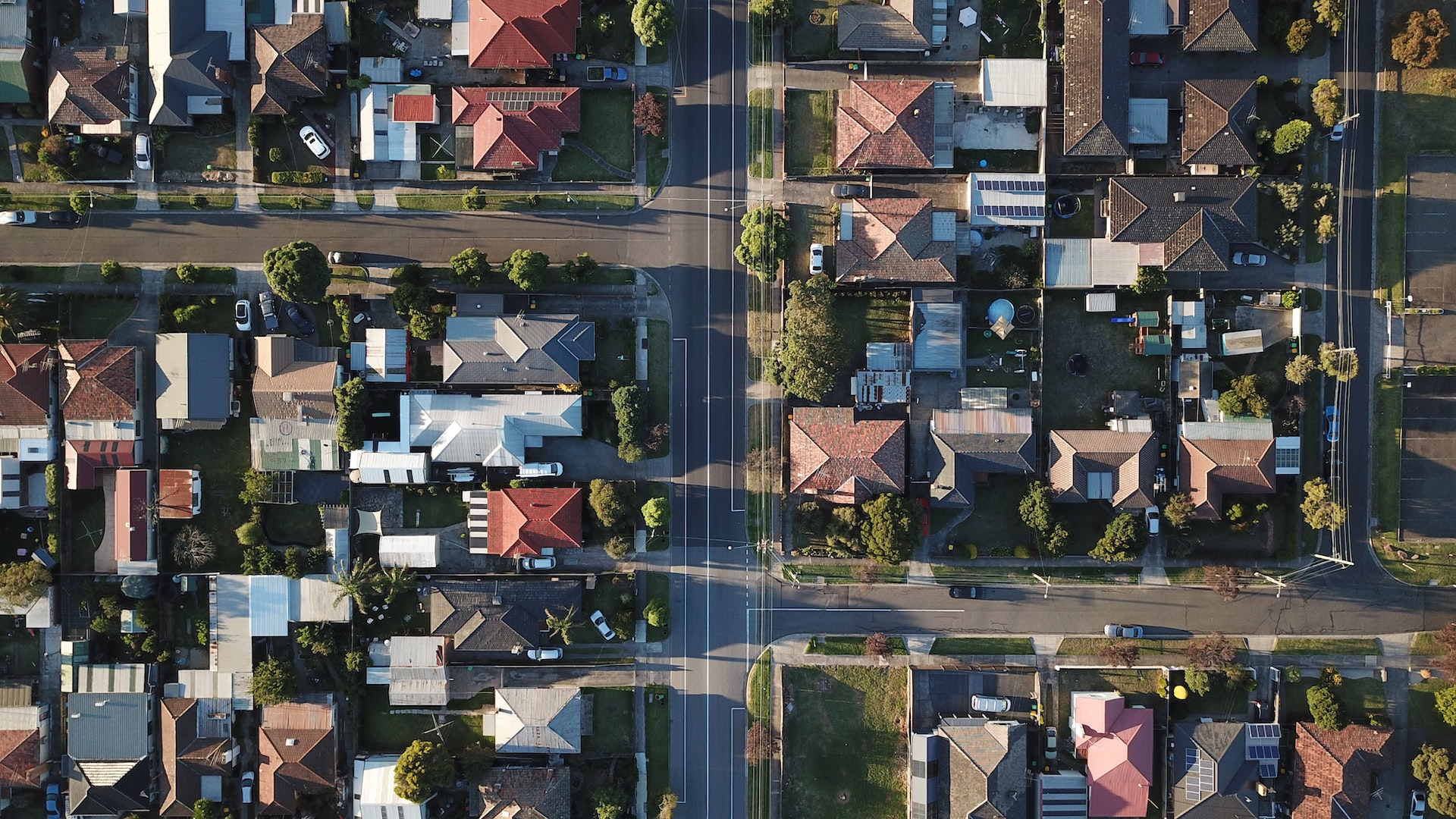Real estate in Canada’s large and small cities has been a hot topic since the COVID-19 pandemic. While Canada’s major cities such as Toronto, Montreal, and Vancouver have long had competitive housing markets, smaller cities began to experience increased home costs as a result of people leaving larger cities after being able to work remotely. While owning a home in many cities in Canada is expensive, there are some programs in place to help ease the sting, particularly if you are purchasing your first home or if you are the first purchaser of a home.
A federal program called the GST/HST new housing rebate is a tax benefit available that allows people to recover some of the GST or federal portion of HST that is paid towards a new or substantially renovated house. The rebate is available to people who purchase a home from a builder or who make a significant renovation to a house they already live in so long as specific conditions are met. As highlighted in the case reviewed below, satisfying the specific conditions are critical to realizing the benefit.
Home in Toronto’s Posh Forest Hill Neighbourhood Purchased for over $6 Million
In the case at hand, the appellant was the purchaser of a multi-million-dollar home in Toronto’s Forest Hill neighbourhood, which is home to many multi-million-dollar mansions. On September 27, 2018, he entered into an agreement of purchase and sale for the acquisition of a home for $6,370,000. Upon purchasing the home, he filed a New Housing Rebate application and proceeded to move into the home with his family.
The vendor of the home had listed the property as being occupied by its “owner” but the listing also described the property as “new.” These descriptions might sound at odds with one another; however, the vendor also certified that the property did not constitute a taxable supply and was not capital property or property acquired in the course of doing business. It would seem that despite the description of the house as “new,” the vendor was not representing themselves as a business selling a new home.
Despite this, the appellant thought the home had met the conditions needed to satisfy his application for the New Housing Rebate. He was obviously taken aback when his application was rejected.
Appellant’s Reason for Believing the Home was New
The appellant may have had good reason to consider the home to be new. In court, he explained that he had initially viewed the property in May 2018 and submitted an offer to purchase the home, but the offer was rejected. In September, he viewed the property again and made another offer which was accepted. During both visits, the home appeared to be unoccupied. Other than a few pieces of furniture, there was no evidence that anyone had been occupying the home. There were no utensils or dishes in the kitchen, and the appliances did not appear to have ever been used. There was no clothing or bedding in the bedrooms and there were also no window coverings.
The appellant also submitted as evidence an article from Toronto Life magazine titled “House of the Week: $7 million for a newly built mini-mansion in Forest Hill.” The article stated that the vendors of the home had purchased it in 2015, tore down a pre-existing house, and put up the house in question in its place.
Was the vendor a builder?
It was the appellant’s position that the vendor was a builder under the definition contained in the Excise Tax Act . The definition found in the Excise Tax Act does make room for someone who owns a property but does not do the work themselves to qualify as a “builder.” The appellant also referred to Technical Notes in the Excise Tax Act, which states that individuals purchasing a new home may be able to benefit from the rebate even if the person who sold the home did not construct the building.
The appellant told the court that, in this case, the vendor hired a construction company to build the home in the course of a business or an adventure, adding again that the building was described as “new” in its real estate listing.
Canada Revenue Agency did not provide a robust defence for thier decision to deny the credit, and took the position that they were not required to prove the vendor ever occupied the property or that the vendor was not a builder. Instead, they relied on the “Vendor’s Declaration and Indemnity” document in which the vendor stated the sale of the property did not constitute a taxable supply and that it was not acquired as a business endeavour.
The Court noted that it was unfortunate the vendor was not there to testify about the nature of the sale or their acquisition of the property, leaving the Court unable to conclude that the vendor was a “builder” as required under the Excise Act. The Court also stated that the evidence provided by the appellant, notably the Toronto Life article, could not be used to determine whether the home was a new build. As a result, the appeal was dismissed.
Contact Tierney Stauffer LLP in Ottawa and Arnprior for Experienced Representation with Real Estate Transactions
At Tierney Stauffer LLP, we pride ourselves on our client-focused and personalized approach to residential real estate matters. Our real estate lawyers have extensive experience assisting clients with real estate transactions and disputes, including residential real estate, commercial real estate, and landlord and tenant matters. Call us at 1-888-799-8057 or contact us online to set up a consultation with an experienced real estate lawyer.


